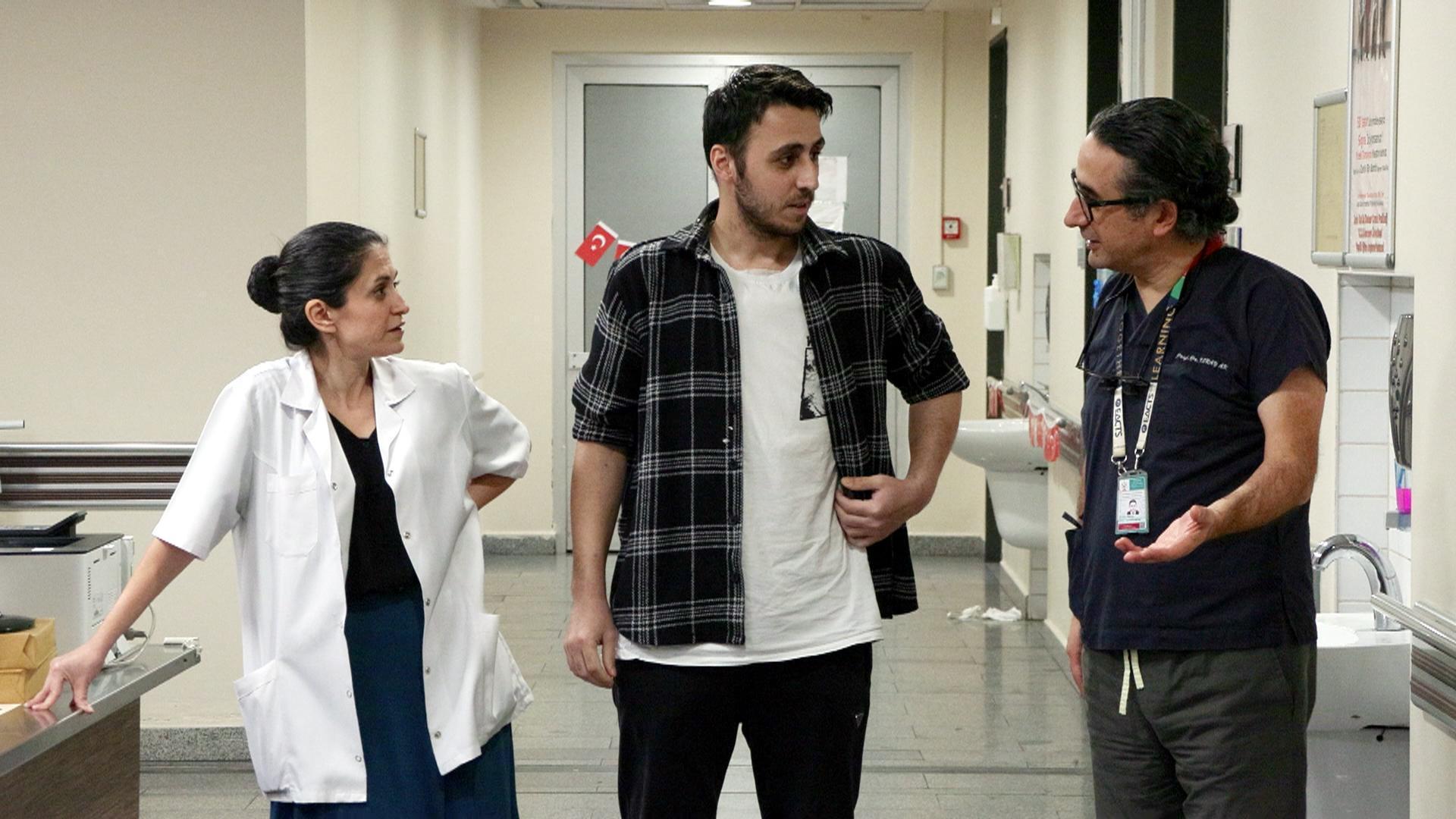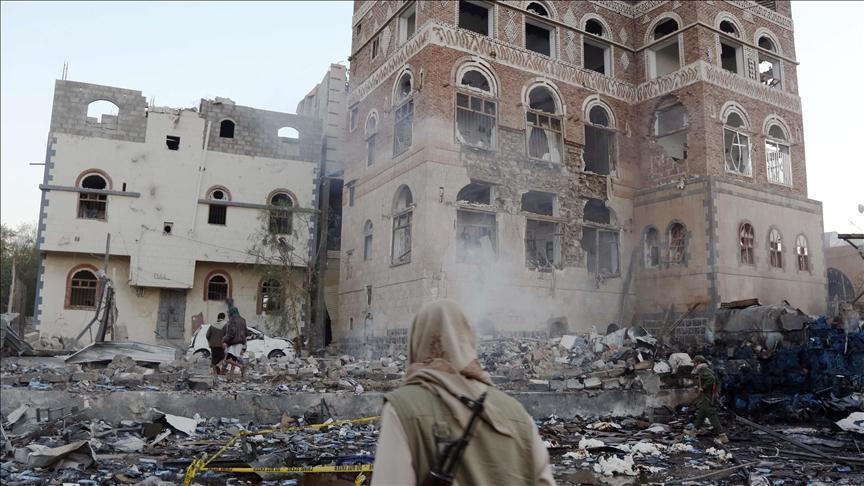Patient survives with groundbreaking surgery
ISTANBUL

A patient diagnosed with a rare bleeding disorder has garnered attention in the medical community for successfully recovering from the condition through heart valve replacement surgery.
Emrullah Çiftçi, 31, who was diagnosed with Von Willebrand disease during infancy, had been informed about an upcoming cardiac surgery.
Surgical intervention, prompted by heart valve inflammation, presents a significate risk to his overall health, considering his vulnerability to life-threatening complications even from minor injuries.
Multiple hospitals declined to perform the surgery on Çiftçi due to the perceived high level of risk involved, except Marmara University Pendik Training and Research Hospital.
Çiftçi's heart valve, ravaged by infection, has been effectively treated following the extraordinary endeavors of the Cardiovascular Surgery, Hematology, and Intensive Care units at the Hospital.
Çiftçi, who underwent a transfusion of 22 units of blood in aggregate, remained in the operating room for approximately five hours. As a precautionary measure against postoperative leakage, the patient's condition was closely monitored in the intensive care unit, with his heart exposed for a duration of 24 hours following the cardiac surgery.
Prof. Dr. Koray Ak, a specialist in cardiovascular surgery, has expressed his conviction that the remarkable surgery he performed will inscribe the name of Çiftçi in the annals of medical history.
Hematology Specialist Assoc. Prof. Dr. Asu Fergün Yılmaz, a key member of the medical team involved in the entire process, has underscored the significance of providing comprehensive care to patients at risk of uncontrollable bleeding.
"In these patients, surgical procedures and traumas carry a sizable risk. We knew that this operation was one of the bloodiest operations in cardiovascular surgery," Yılmaz said.
Dr. Yılmaz further emphasized that people with bleeding disorders can successfully undergo major surgical procedures with the assistance of skilled teams in appropriate medical facilities. Consequently, it is crucial to ensure that patients are not denied access to these essential treatments.
















